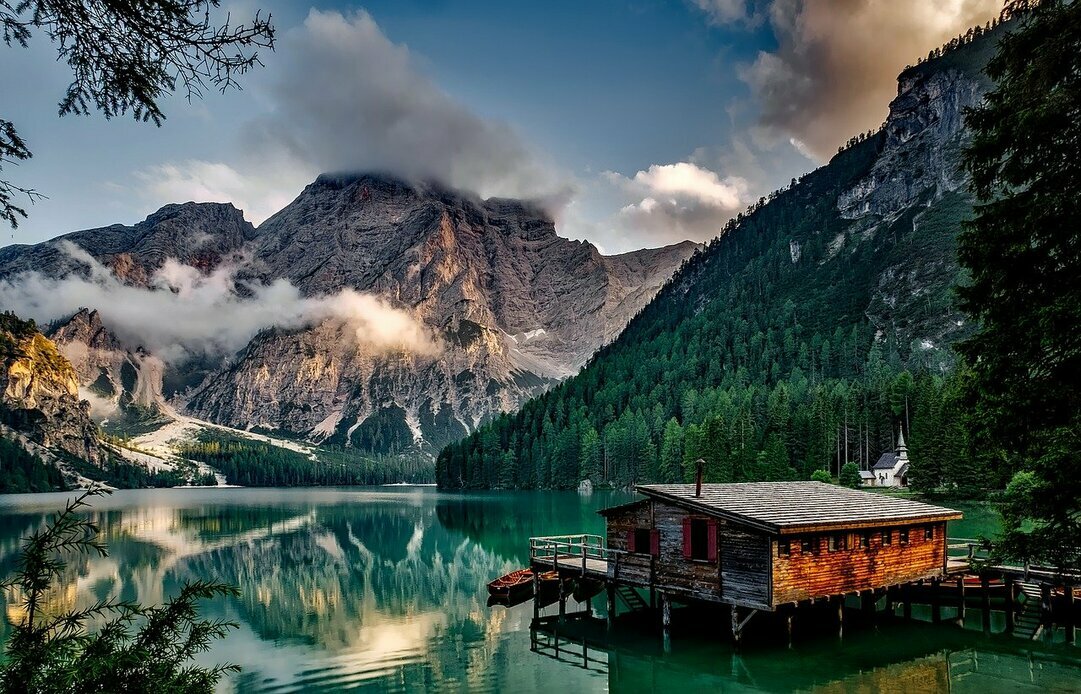
We finally had some break in clouds and I was able to spend goo amount of time my target. However I picked wrong one because that nebula has emission and reflection pieces and I was shooting through a filter, that cut reflection part. This is Flaming Star Nebula 1500 light years away from Earth along with Letter Y Star Cluster, Spider Nebula and Fly Nebula. Really quick processing. #astropic
Unscrew 4 screws to get access. I think problem with it that they placed resistor which is too much for that battery and rest of the circuit, that what makes diode underneath this glass too dim(see red circle for resistor). What we need to do is to by pass it, see one of the blue lines, either one would work. My soldering skills aren't that great so I just soldered over resistor. WARNING it will void your warranty, do it at your own risk. That worked for me. Final result is in the picture.
Since I had no chance to see Geminids meteor shower due to clouds, I've decided to improve my polar scope illuminator. If you bought Sky-Watcher Star Adventurer 2i star tracker, pro package comes with polar scope illuminator which is too dim, at least for my Bortle 7 area it's absolutely useless. Someone may say it's just bad unit, but trust me there are lot's of ppl having the same problem, so it's probably flawed design. #astrophotography Here how it looks and solution below:
@naz Lucky you, sounds like you had lot's of fun, we had lot's of clouds and that's all I saw. But well said, indeed, nothing beats seeing meteors with your own eyes.
I call it project of learning, just for the fun I've decided to fully utilize my new gear. First night my focus shifted, then I've realized I forgot to turn on cooling, then I've spent time learning how to guide. Now I am guiding, focused using HFR tool in Ekos/Kstars, but I am suspecting that SWSA running out of batteries. It's been fun, here is 4h of leftovers(about 50%) on NGC281 aka PacMan #astropic
We had Moon's halo a couple days ago, it's an incredible and breathtaking experience. I chose to enjoy it rather than set up my gear to take a picture, however I took a photo with my phone, quality is meh, Moon is overexposed, but you get an idea. So it's more like a historical evidence.
22° halo - Wikipedia
https://en.m.wikipedia.org/wiki/22%C2%B0_halo
First light with a new toy. Real astrocamera ASI 533MC Pro, it's way ahead of my old trusted Canon. I am still learning and building my workflow with it. I've setup yesterday to workout focusing with it, it's way harder since you view your picture through VNC screen :D. Here is first light, Orion Nebula and glimpse of Horse Head Nebula, just 15 min of integration, no calibration frames no framing, quick processing, but I love it. #astropic
I've decided to take on another subject while it was high in the sky. Because of rains and clouds and work, I only had 4 hours on it, over 2 days from Bortle 7-8 area. Though it's buy one get one free kind of things with proper framing. Pacman Nebula and Ghost of Cassiopeia from constellation of Cassiopeia, my 2nd or 3-rd favorite asterism in the sky. Shos with Canon T3i, 135 mm at F/2.5 and ISO 1600, through L-Enhance. #astropic
Emil Kraaikamp released a beta version of AutoStakkert!4 a few days ago. This is the first release since 2018 and I'm super excited! I did a demo of it in this video:
Another experiment that sat on my drive for a while, I think it's about 10 hours of total exposure 4Ha + 6 through L-Enhance filter on stock Canon camera. I've learned that I'd probably need more time for individual exposure with Ha. NGC 7822 aka Teddy Bear Nebula. Shot with Canon 3ti, F/2.8 135mm, L-Enhance and Ha filters. #astropic
I was not satisfied with the result and decided to reprocess California Nebula and NGC1499. Here is what I got in a second try. #astropic
What did I learned photographing California Nebula. Main lesson is photographing DSO shoot for a objects higher in the sky. Here is 8 hours of NGC1499, from Bortle 7-8 zone, shot with Canon T3i, 135mm F/2.8, ISO 1600 with L-Enhance filter. #astropic Additionally RaspberryPI are very good tester of powerbanks :D as heart of my rig is RPI with KStars/EKOS/INDI
Clear skies around new moon let me take a picture of Andromeda Galaxy, M31 our nearest neighbor and few other galaxies made it into the shot. This was shot with Canon T3i, 135mm F/2.8 lens, ISO 100 from Bortle 7-8 area. Processed in @Siril_Official #astropic #astrophotography
We had few nights with clear skies so I took advantage of that and shot object that I wanted since last year: Heart and Soul nebulas aka IC1805 and IC1848. Shot with Canon T3i, 135mm at F/2.8, L-Enhance filter from Bortle 7-8 sky and quickly processed with Siril. #astropic
I have decided to run an experiment: capturing Ha with a stock DSLR. Stock DSLR typically blocks 85-75 % Ha light, then given the structure of a sensor in the color camera, which DSLR is, you would only capture 1/4 of the light reaching filter. So I put Ha clip-in filter into my stock camera and embarked on that journey. Here is results of 6 hours of integration, all in all it was quite a waste of time. But I confirmed that it doesn't make sense to shoot Ha with stock camera. It's NGC 7822.
